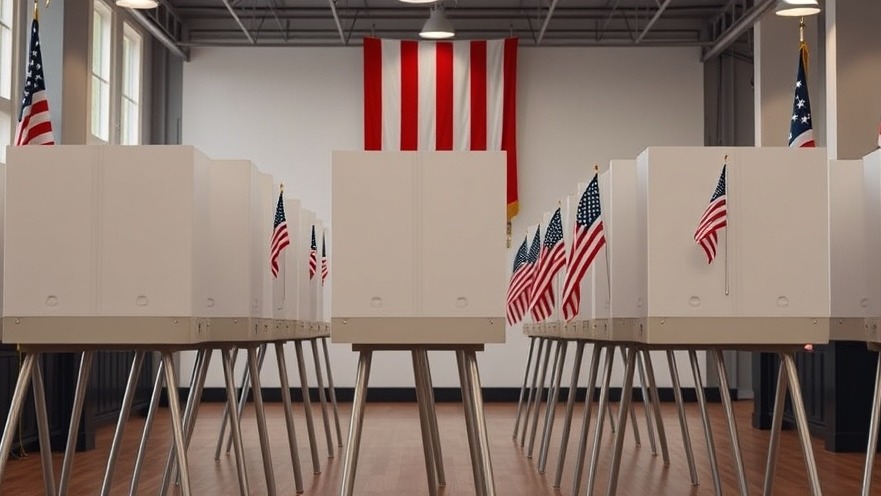
The Historical Context of Voter Engagement
The 2024 U.S. presidential election set a remarkable record with over 158 million Americans participating in the democratic process. This unprecedented turnout reflects a growing trend in voter engagement that has been building over the past few decades. Political analysts note that various factors contributed to this surge, including heightened political polarization, the influence of social media, and significant national and international events that have galvanized public interest in politics.
Why Participation Matters: The Voice of the People
Voter participation is not merely a numbers game; it signifies the health of democracy. The 2024 election outcome demonstrates a critical shift in how many Americans perceive their role in shaping national policy and governance. The stark difference in voting methods, with a decrease in ballots cast by mail compared to 2020, indicates a return to in-person voting preferences as voters perhaps sought to ensure their voices were directly counted amid concerns about election integrity.
Trump's Victory: A Double-Edged Sword?
Donald Trump's return to the White House marks a significant moment in American politics, evoking both anticipation and concern. Supporters celebrate his victory as a reclaiming of traditional values and economic policies. However, critics warn of increasing division within the socio-political fabric of the nation. Trump's presidency is characterized by its controversial actions and policies that many felt either resonated strongly with his base or alienated various voter demographics.
Comparative Analysis: Previous Elections
To fully grasp the implications of the 2024 election, one must compare this election cycle with previous years. The participation rate in 2020 was already historically high, yet the 2024 figures suggest a growing public desire to influence political outcomes. This increase can also reflect the impact of major issues facing the nation, such as economic recovery post-COVID, foreign policy dilemmas, and social justice movements, encouraging more citizens to cast their votes.
What the Future Holds: Predictions and Insights
Looking ahead, the implications of this record turnout may shape the political landscape for years to come. Analysts predict that the high engagement levels seen in 2024 could lead to increased scrutiny of voter rights and more focused discussions on electoral reforms aimed at both empowering voters and ensuring their voices aren’t diluted. Future candidates will likely need to build platforms that resonate with a more politically active electorate.
Reflections on the Electoral Process
As we digest the results of the 2024 election, it’s essential to reflect on what this means for the average American citizen. For many, their vote is an expression of their hopes for the nation and the issues they care deeply about. Each election presents an opportunity for citizens to voice their opinions on a range of critical matters, from healthcare and education to foreign affairs and social policies.
Connecting Local and National Politics
While the focus is often on national figures like Trump, local elections and policies profoundly affect everyday life. Voter turnout at the national level can inspire participation in local elections, amplifying civic engagement throughout communities. These interconnected dynamics highlight the importance of being involved not just in national elections but also in state and municipal governance.
Actionable Steps for Future Voters
Those inspired by the turnout in 2024 should consider ways to enhance their own involvement in the political process. Engaging with local initiatives, attending town halls, and advocating for voter education initiatives can contribute to a more informed electorate. Previous trends show that educated voters tend to gravitate toward the polls in higher numbers.
Conclusion: An Invitation to Engage
The historic voter turnout in the 2024 election serves as a powerful reminder of the American democratic spirit. While changes in leadership are significant, the overall participation of the populace continues to be the most crucial element in shaping the future of governance in the U.S. To be an active part of this process, embrace the invitation to engage—whether it’s through learning more about local issues or joining community discussions. Your voice matters.
 Add Element
Add Element  Add Row
Add Row 



Write A Comment